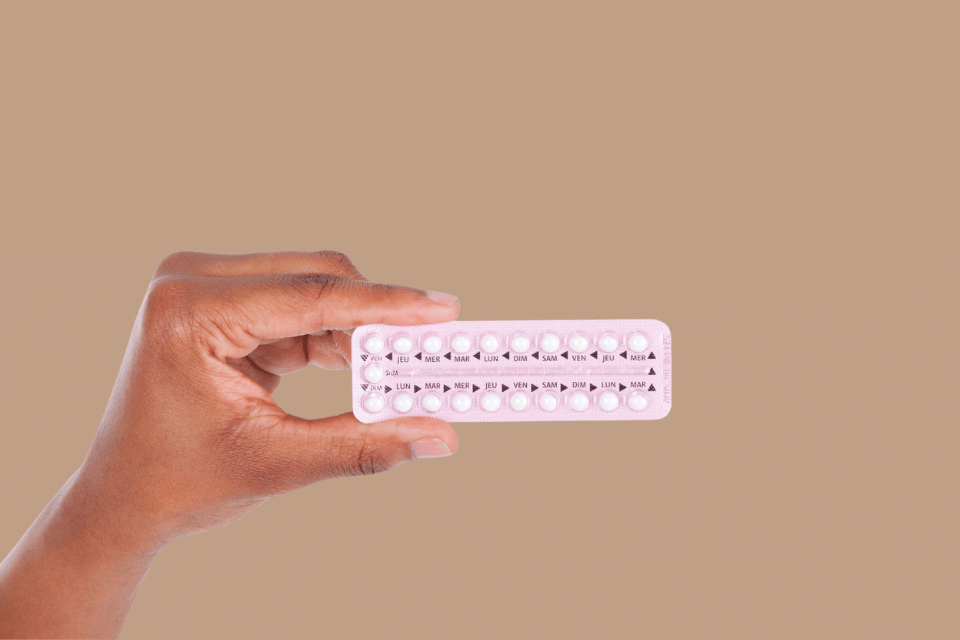What is a vaginal ring?
A vaginal ring is a soft plastic ring that contains two hormones – oestrogen and progestogen. These are similar to hormones that are produced by the ovaries and used in ‘the ‘pill’ (combined pill). If used correctly a vaginal ring is at least 99% effective at preventing pregnancy. If you forget to put a new ring in, use it incorrectly or take certain medications, it might only be 93% effective.
How do you use a vaginal ring?
To use a vaginal ring, you squeeze the ring and insert it into your vagina (like inserting a tampon). It stays in your vagina for three weeks. You then take it out and throw it away and wait seven days before inserting a new ring.
You will usually have your period a few days after removing the ring. You can skip your period by inserting a new ring straight away and missing the seven-day break. Most women who use a vaginal ring cannot feel the ring once it is in their vagina. Once you stop using a vaginal ring your fertility quickly returns to normal.
How does it work to prevent pregnancy?
It works by stopping your ovaries from releasing an egg each month. It also thickens the fluid around the cervix (opening to the uterus or womb). This helps to prevent sperm from entering.
When you start using a vaginal ring for the first time, or after a break, it can take up to 7 days to start working. Speak with your doctor, nurse or pharmacist about the best way to get started.
Why some women prefer the vaginal ring
For some women, the vaginal ring is a great choice because:
- It can be used to skip a period
- It may make periods lighter, more regular, and less painful
- It may cause acne to improve
- It can help with symptoms of polycystic ovary syndrome (PCOS) and endometriosis
To get more of your contraceptive questions answered, join our community chat circle to speak to other women and get advice from medical experts by clicking on this link. You can also book a contraceptive consult with a qualified health professional on www.mycontraceptive.co.za.
Sources: NHS UK

